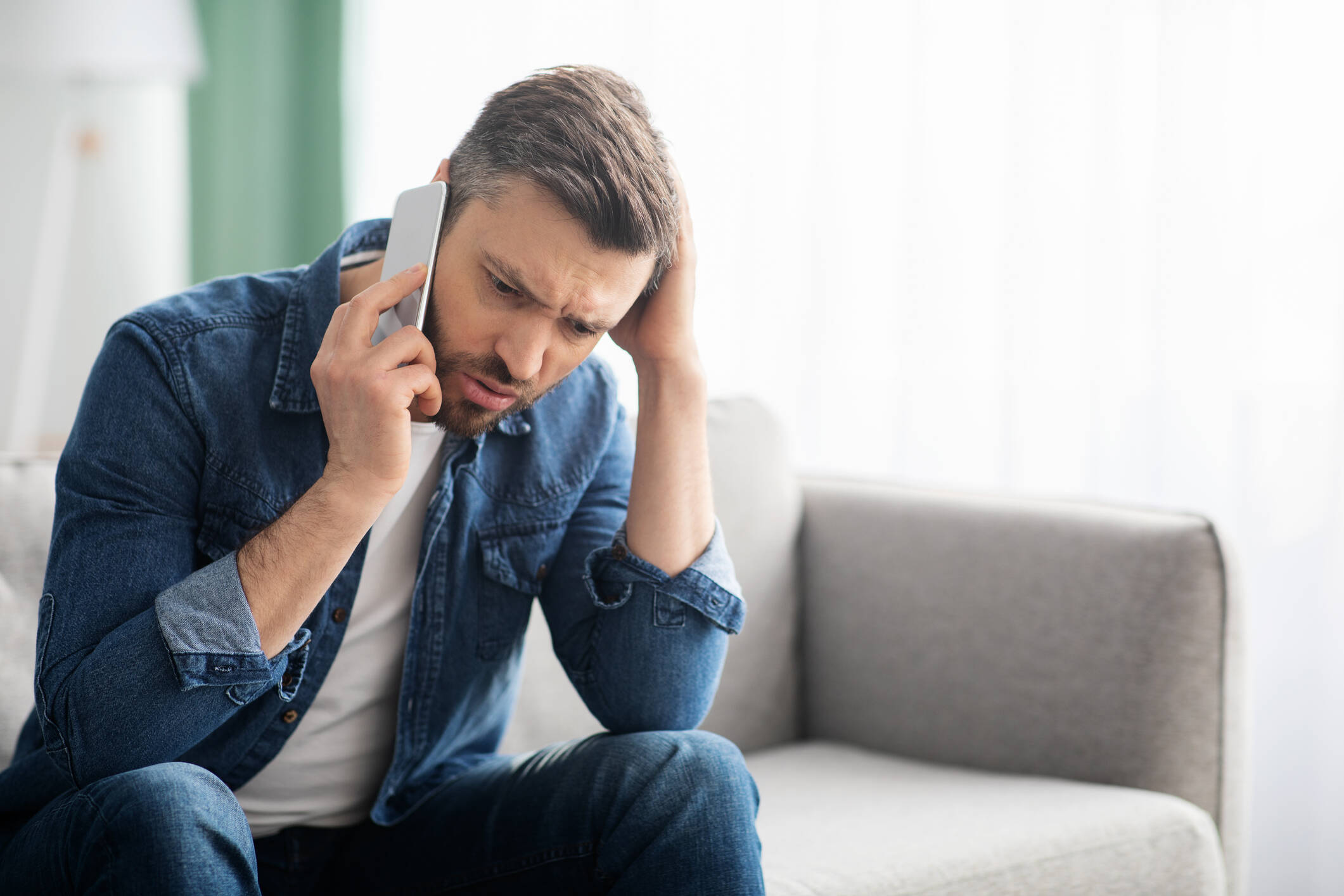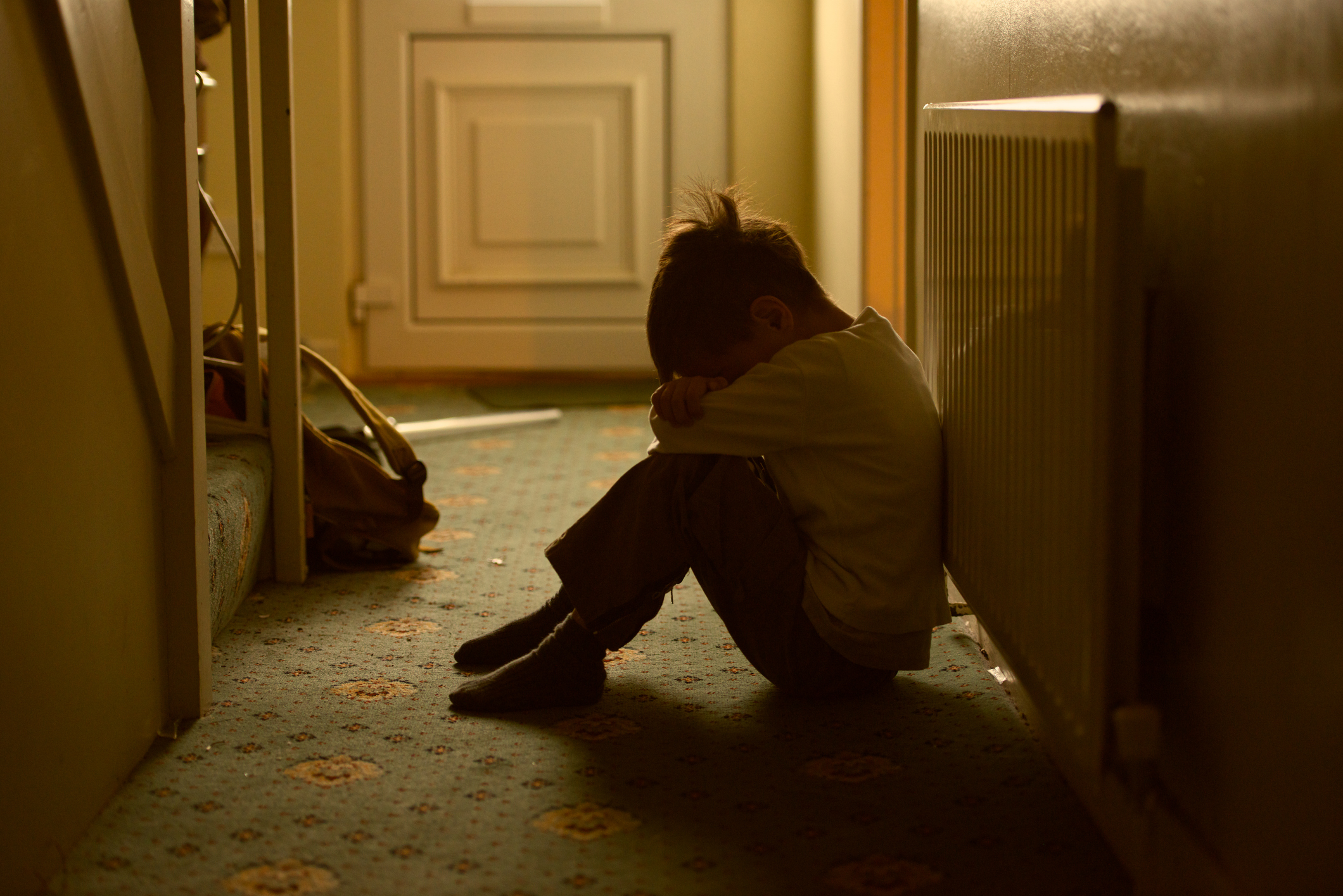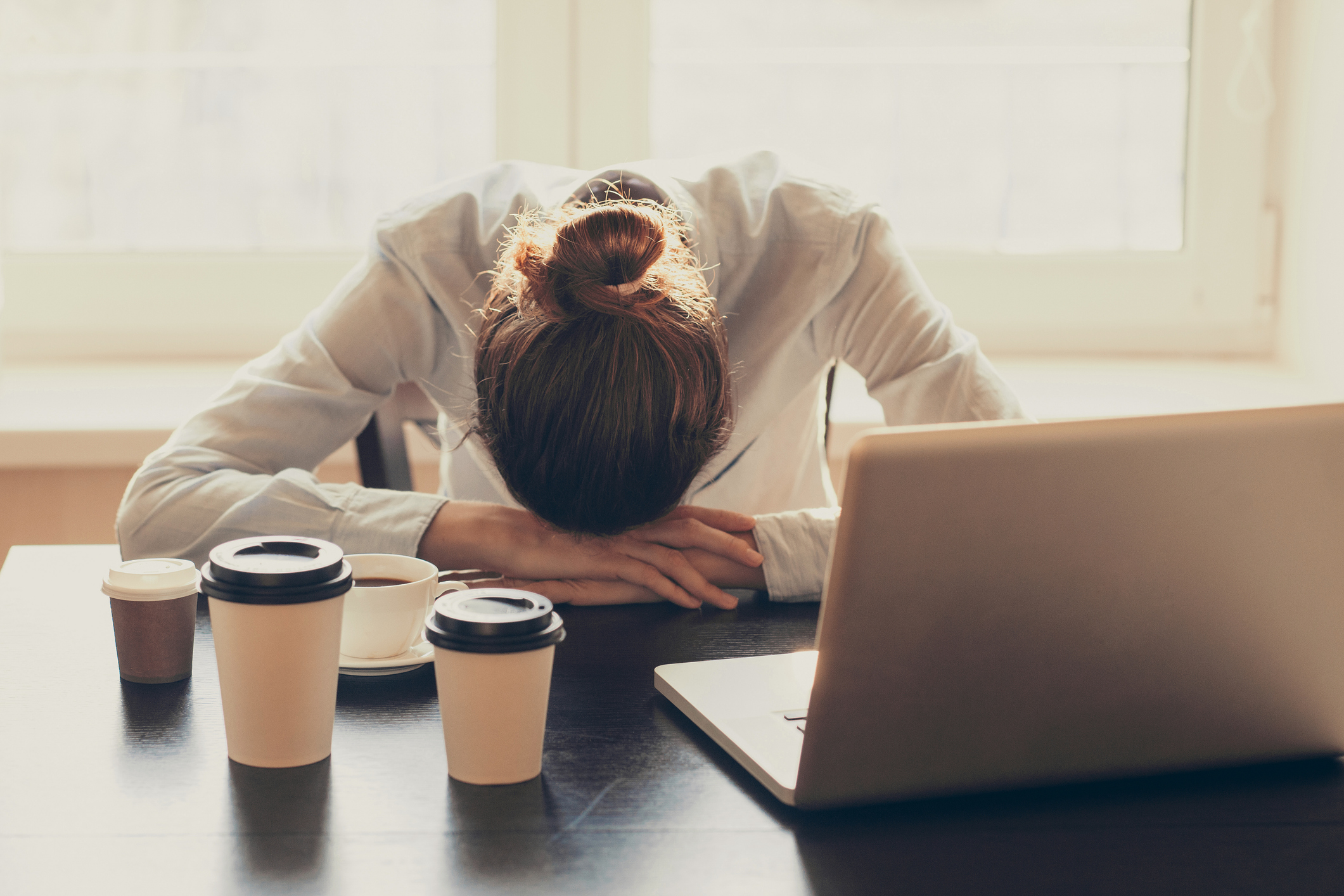How not to feel guilty about resting: For some people, it's a feeling of failure, according to science.

Although the most common feeling is guilt for mistakes or behaviors, many people also experience it simply because they're resting. According to psychologist Edurne Martínez San Policarpo, those who experience these feelings may think they're not productive enough or that they're not using their time for something important.

This is primarily due to society's expectations of rest. Photo: iStock
The expert asserts that this is primarily due to society's expectations regarding rest, success, and one's value as a person in terms of productivity.
From a young age, people are taught that being busy for long periods of time is synonymous with performance and productivity in various areas, whether work, school, or personal. However, when these ideals aren't met, frustration, guilt, and sadness arise; emotions that accumulate over time.
There are people who even find it difficult to disconnect during their breaks, because they believe that doing so is related to laziness.
“This phenomenon is defined as a silent violence: it leaves no visible marks, but it is deeply exhausting. This philosophical perspective resonates with what is sometimes seen in people who come in with symptoms of anxiety, stress, irritability, and chronic fatigue, without realizing that underlying it is an inability to stop without feeling ill,” explains Martínez San Policarpo.

The idea is instilled that being busy for long periods of time is synonymous with performance. Photo: iStock
The specialized website Psychology and Mind indicates that there are two types of guilt: healthy and neurotic. The former arises primarily when the cause can be easily identified. For example, when someone does something wrong and their empathy makes them aware of it.
On the other hand, neurotic guilt appears when feelings of guilt are not clearly related to a real cause, or when a person takes responsibility for situations that are not under their control, such as simply resting.
Signs Some signs that help you identify if you have been affected by rest guilt are:

Burnout and excessive self-importance are two key signs. Photo: iStock
- Exhaustion. Even though you complete your tasks, you feel tired all day long and let the world pass you by.
- Guilty leisure time . When you're taking time off, you think about what you should be doing.
- Self-importance. He harshly criticizes himself for not having done more during the day, even when it was a productive day. He also compares himself to others and believes that what he's doing isn't enough.
- Somatizing. Mental exhaustion can lead the body to somatize this discomfort through physical symptoms , such as muscle aches, headaches, or other pains.
The expert mentions some key strategies for learning to rest without guilt. The first step is to question what is and isn't productive ; change your perception of usefulness and success; and start with short breaks like stretching, sitting and admiring the scenery, or just listening to a song.
Learning to rest without feeling guilty is a complex process, as it involves questioning many socially accepted ideas . It's best to recognize this difficulty and begin with short rest practices that allow for a healthy transition.
eltiempo




